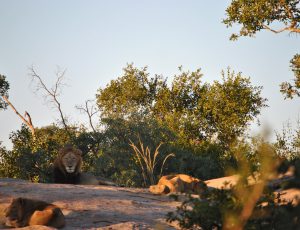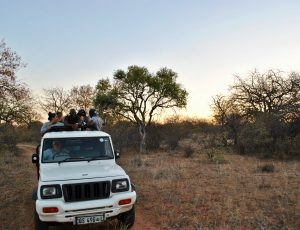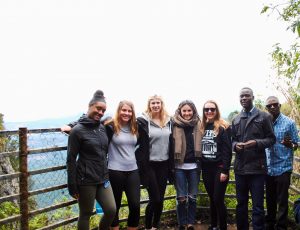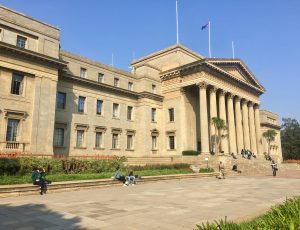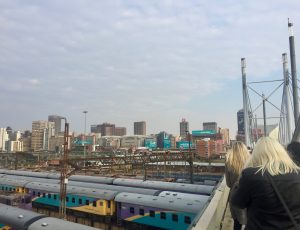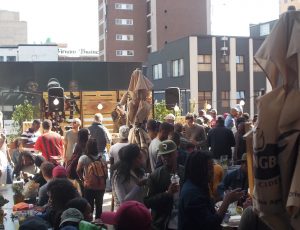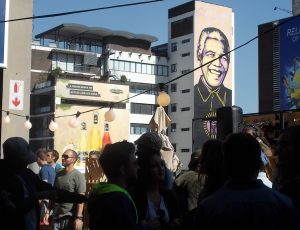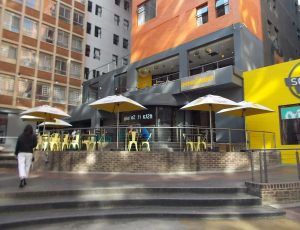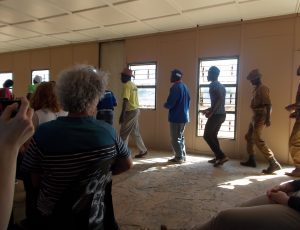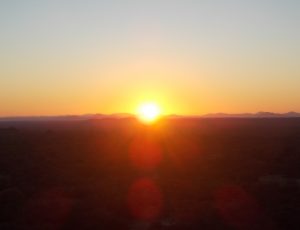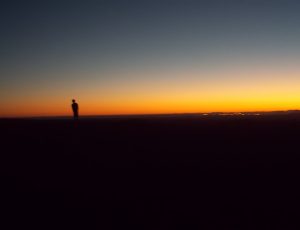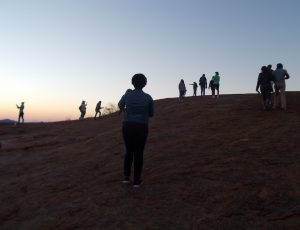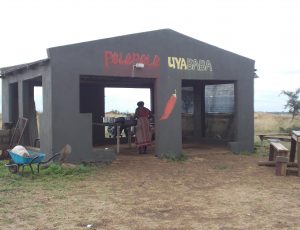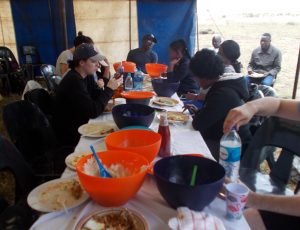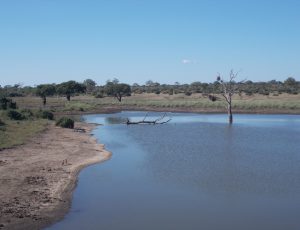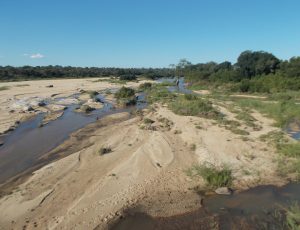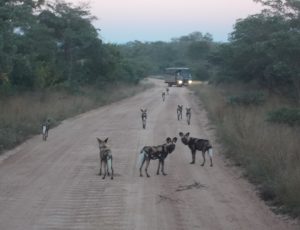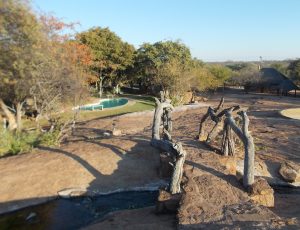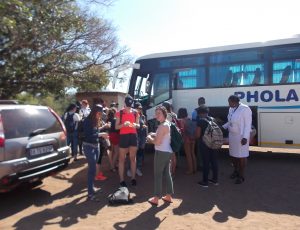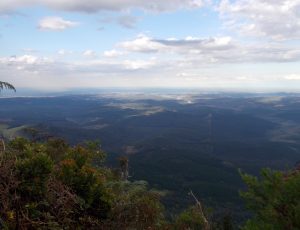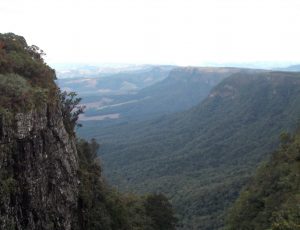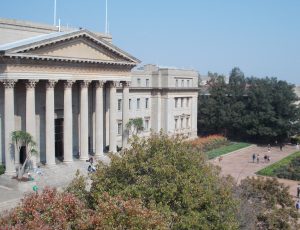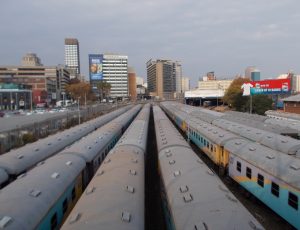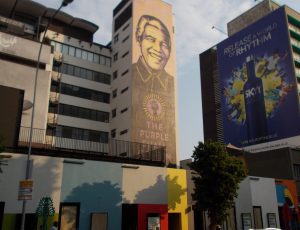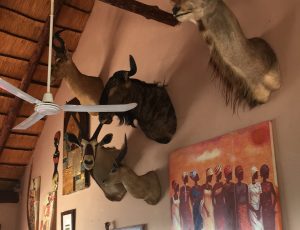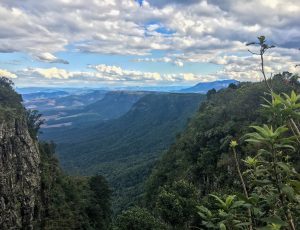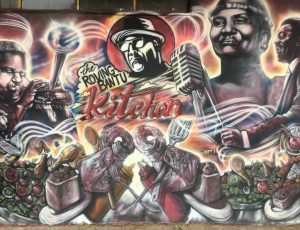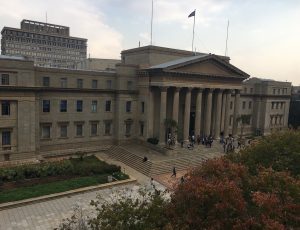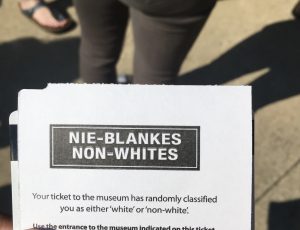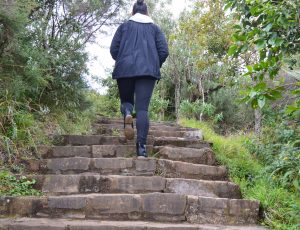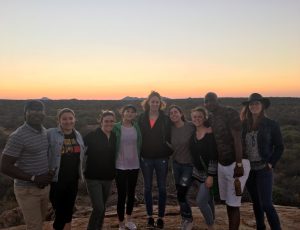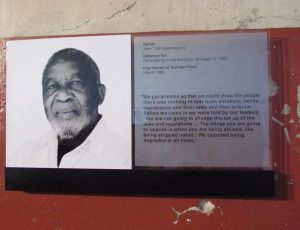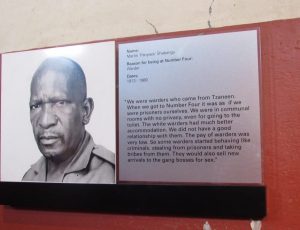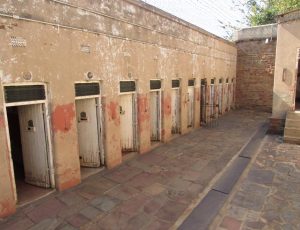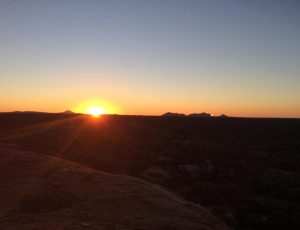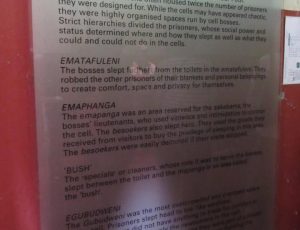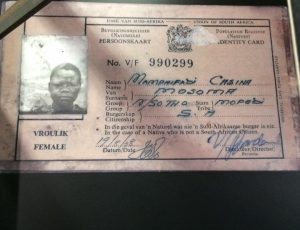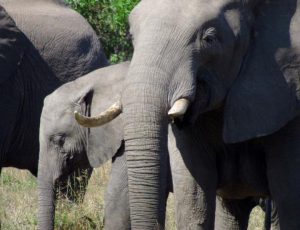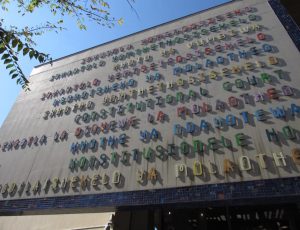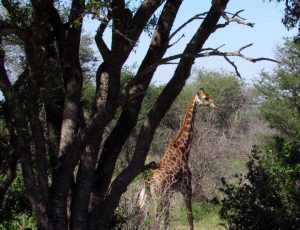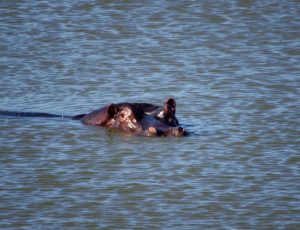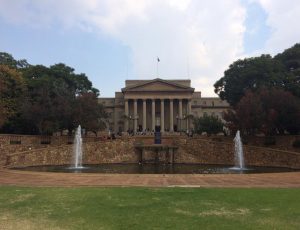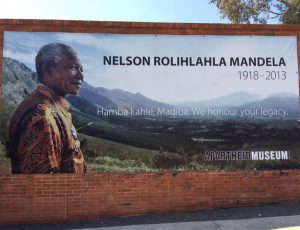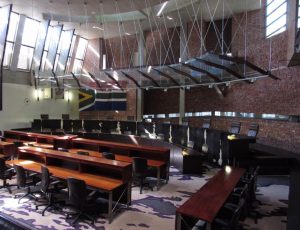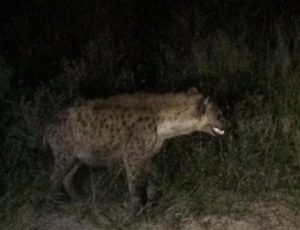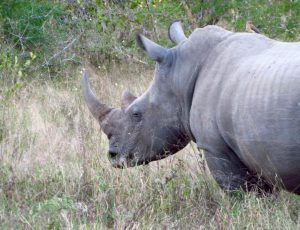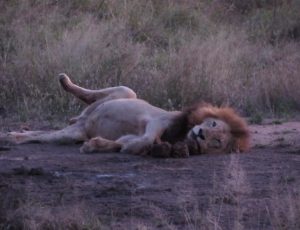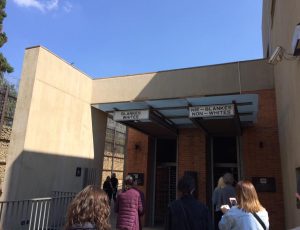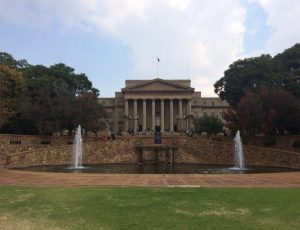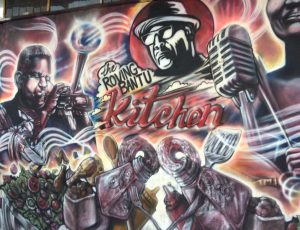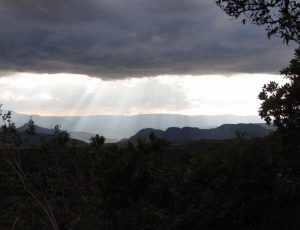May 2017: Migration Lives and Livelihoods in South Africa
Professor Blair Rutherford (Sociology/Anthropology & African Studies)
This three week course explored the various social, economic and political dynamics associated with migration in South Africa. As international debates, events and politics increasingly focus on issues surrounding immigration in Europe, North America, Australia and the Middle East, this course examined how they have played out and have mattered in various and contentious ways in South Africa; a key political and economic state in Africa, yet one that has had a strong tradition of seeing itself as an exception to the rest of the continent. From its colonial founding in the seventeenth century to the massive scale of labour migration from within southern Africa to the expanding South African mining and agricultural industries in the nineteenth and twentieth centuries, from the governing logics of its apartheid period (1948-1994) based on racialized and ethnicized population control to increased immigration from across Africa, xenophobic violence, and visceral debates around citizenship, jobs, and international relations in the post-apartheid period, migration has been a central component to the cultural politics of the economies, institutions, and politics of South Africa. This course analysed some of these histories and their traces and contours in the lives, economic livelihoods and social geographies of contemporary South Africa, including the impact of African migration on national identity formation and the politics of belonging within South Africa, particularly in terms of South Africa as an African nation. Through lectures and workshops led by the professor and South African and South African-based academics, policy experts, artists, activists and practitioners as well as site visits, the students richly learned about economic, historical, policy and social dimensions of issues surrounding migration.
This course was based at the African Centre for Migration & Society (ACMS) at University of the Witwatersrand (commonly known as “Wits”) in Johannesburg, the leading research and policy centre on international migration in southern Africa. Trips to South African border zones with Mozambique and Zimbabwe also took place over 8 days, involving the students on this Carleton course and some of the students of an ACMS course, which allowed the Carleton and Wits students to jointly share in this learning experience.
This Powerpoint presentation gives full details on the course, including estimated budget and application information
Go here to look at the group project websites and the website for the course
Here is a sample blog post by Catherine Traer from the course.
Testimonials
Traveling to South Africa to learn first-hand about the migration experiences and challenges facing millions on a daily basis was an extraordinary and invaluable experience. A truly unique opportunity to internationalize my education and learn lessons that the classroom experience could never provide. In class we read about the struggles and dangerous journeys millions of Zimbabweans have taken trying to cross the border into South Africa, where they believe they will prosper and find a better life. It is difficult to imagine the rivers they cross, the fence they break down, and the thousands of kilometers they tread, of open parkland where lions roam in waiting for their next meal. We sympathize, but we do not understand, and cannot possibly visualize how this happens. As a student studying international migration and refugees, this course fit perfectly with my academic interests. As a class, we got to stay in the heart of Johannesburg, in a district full of local students studying at the University of Witwatersrand. We piggybacked off a migration course taught there, and became colleagues, and soon friends, with the students enrolled. Together we read about migration, learned about methodology, and spent several weeks working on group projects. Together we travelled to the northern border regions, seeing firsthand the sections of broken down fence where border ‘jumpers’ had risked their lives. We saw the park and the lions within, that kill people every year trying to cross into South Africa. We saw the vast number of small communities along the border where many foreigners find employment on the commercial fruit farms. And we got to talk to some of these individuals on the farm, even watching a short skit their theatre group organized. Suddenly the experiences we read about became very real and we learned how international migration in South Africa has affected the daily lives of these people and their families. I would not trade this experience for anything, it has truly been the most rewarding and significant course I could have taken here at Carleton. – Heather David Masters Student, Political Science, Carleton University
____
Enrolling in the African Studies’ Study Abroad course was one of the best decisions I could have made during my Master’s degree. Studying and learning about the issues surrounding migration lives and livelihoods in South Africa first-hand was an unforgettable experience. The amount of knowledge that I retained and learned in a one month intensive course was invaluable.
Professor Rutherford went above and beyond when he created the syllabus for this course. We partnered with the ACMS program (African Centre for Migration & Society) at Wits University in Johannesburg and were able to join their classes for a couple of weeks. It was the first time the African Studies Study Abroad course has been able to partner with another University course and it couldn’t have been better. Taking part in research methodology workshops, sitting in on lectures from acclaimed professors discussing the complicated lives of migrants from Mozambique and Zimbabwe making the journey to South Africa where they seek a more prosperous life, being able to mingle with the ACMS students and have academic discussions which opened up our eyes to different perspectives surrounding migration issues was truly an amazing and rewarding experience.
The second part of the course involved a week of site visits and travel. This is the part of the course where we were able to take what we had studied in class and in the academic articles and witness it first-hand. We were able to visit commercial farms where migrant workers are employed and talk with a few migrant workers; we saw the barbed wire fencing that was put up by the South African government to try and keep illegal migrants out and the holes where migrants had cut through the fence to sneak through; we saw the thick and dangerous brush of Kruger National Park where many migrants make the difficult journey to try and find safety; we saw the dangerous river crossings and the heavily armed guards who patrol the borders. It was when we witnessed many of the roadblocks and struggles that migrants fight through to make it to safety that it really sunk in just how complicated and dangerous the journey really is. It’s hard to imagine how complicated the issue is when reading about it in an academic article and that is why the study abroad course is an opportunity that cannot be passed up.
The most important takeaway from the study abroad course for me was this: it is one thing to sit in a classroom and read about the issues surrounding migration lives and livelihoods in South Africa (or any other issue for that matter) and a whole other kettle of fish when you witness the issues first-hand. It was a surreal experience to be able to read the academic articles and then witness what the articles were actually discussing in person. It puts the issues we study into perspective and it gave me a new appreciation for what migrants actually go through. Learning about issues, such as migration, from academic articles is great, but one does not fully appreciate or understand the vast scope of the issue until you’re able to witness it. I can confidently say that this was one of the best courses I have taken at Carleton and it is an absolute most for those studying African Studies.
-Kaitlin Walker, Masters Student in Political Science with a Specialization in African Studies, Carleton University
